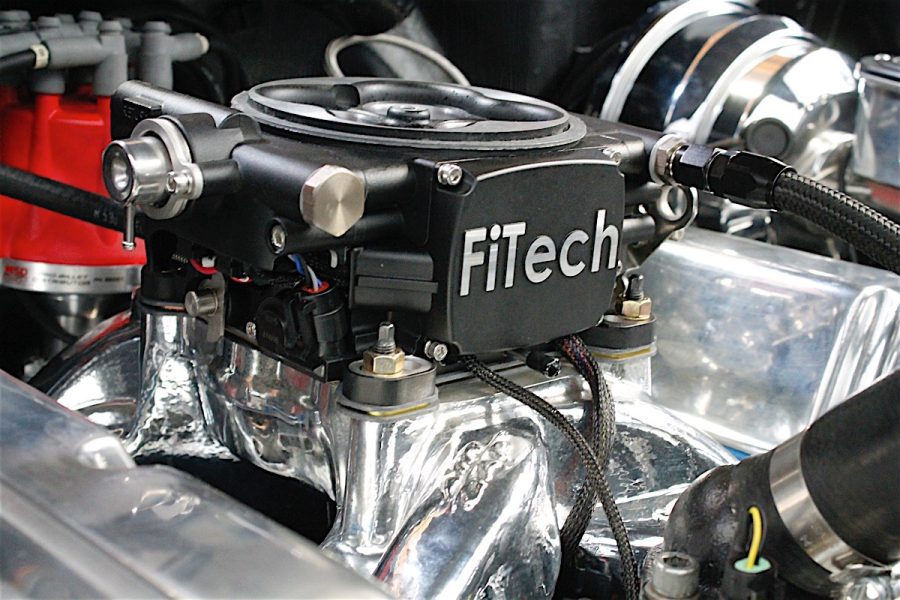carb or EFI?
May 11, 2023
Carbureted engines have been around for a long time and are a simpler and less expensive option compared to EFI engines. They are easier to work on and maintain, which makes them popular with car enthusiasts who like to customize and modify their engines. Carburetors also provide a more direct throttle response, which can result in better acceleration and overall performance.
On the other hand, EFI engines have become the standard in modern vehicles for a reason. They provide several advantages over carbureted engines, such as better fuel efficiency, lower emissions, and improved reliability. EFI engines use electronic sensors to monitor and adjust the air-to-fuel ratio, resulting in more precise fuel delivery and better combustion efficiency. This translates to better fuel economy and lower emissions, which are important factors for modern vehicles due to increasing environmental concerns.
EFI engines are also less prone to issues such as vapor lock and hard starting, which can be common with carbureted engines, especially in hot weather. Additionally, EFI engines can self-diagnose problems and alert the driver to issues through warning lights on the dashboard, making it easier to identify and address issues early on.
In conclusion, while carbureted engines may offer certain advantages such as simpler design and better throttle response, EFI engines provide better fuel efficiency, lower emissions, and improved reliability. Ultimately, the choice between carbureted engines and EFI engines comes down to personal preference and the specific needs of the vehicle and its intended use.

